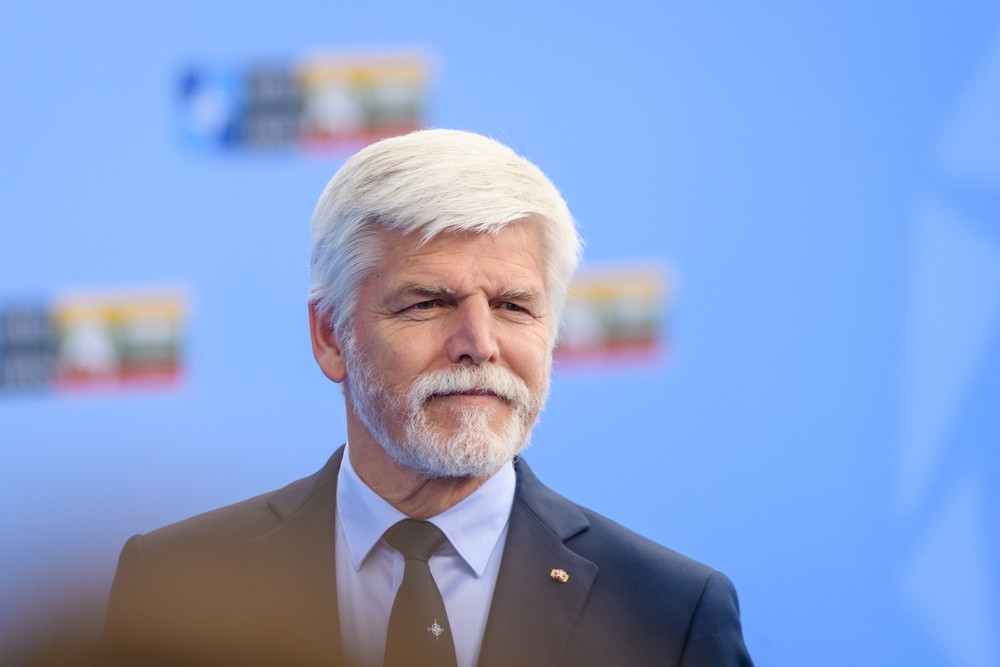The prohibition on media ownership by high-ranking politicians is set to become more stringent from the upcoming year, along with stricter regulations on subsidies and incentives. The amendments, signed by President Petr Pavel, will entail several changes. Politicians will no longer be able to transfer media assets to close associates or trust funds. Steeper fines will be imposed for breaches. Notably, the amendments, known as “lex Babiš,” will not affect online media due to the absence of regulations in that domain.
The updates are part of an overhaul of political party regulations, which also entails reconfiguring the structure of the Office for Supervision of Political Parties and Movements. A new five-member college, comprising the chairperson and members of the office, will take over some of the powers previously held solely by the chairperson.
The alterations encountered resistance in the lower house from the opposition ANO movement led by Andrej Babiš. Babiš had already placed shares of his companies, Agrofert and SynBiol, into trust funds in 2017, following the initial tightening of the law. Agrofert encompasses the Mafra group, a major media conglomerate in the Czech Republic. The amendment grants affected politicians a 60-day grace period to comply with the new media regulations.
The revisions chiefly enhance the clauses preventing MPs, senators, government members, and now the president, from owning and publishing periodicals. To prevent circumvention, the ban applies to the beneficial owner of the media entity rather than the controlling individual. A similar principle is applied to companies regarding the ban on receiving subsidies and investment incentives, targeting government members and the head of state.
Media companies, however, will have certain exceptions. The ban won’t affect cases where periodicals are published by political parties, their affiliated organizations, or companies under their control. Nor will it apply to media outlets exempt from publishing annual financial reports.
The revised draft introduces fines for violations of the media ownership ban. Officials committing offenses through companies could be fined up to three percent of the company’s assets by the supervisory authority. The authority will first impose “appropriate measures,” such as selling the media entity, before resorting to fines.
The amendment also relaxes recent restrictions on using data from asset disclosures of prominent politicians. The provision specifying that information from the notification register can be used solely to ascertain potential breaches of public official duties will apply exclusively to certain officials.
The government asserts that the amendment aims to achieve a better balance of roles between members and the chairperson of the party watchdog. The college within the Authority will decide on internal rules, action plans, approve regulations, methodological guidelines, opinions, and handle appeals against Authority decisions. The President of the Authority will continue overseeing its activities.
The Office’s primary responsibility is to ensure political parties and movements adhere to transparency requirements in their operations. It reviews their annual financial reports, carries out independent audits, addresses administrative infractions, and imposes penalties. Its primary focus is on overseeing campaign transparency during elections.
Source: ceskenoviny.cz


















